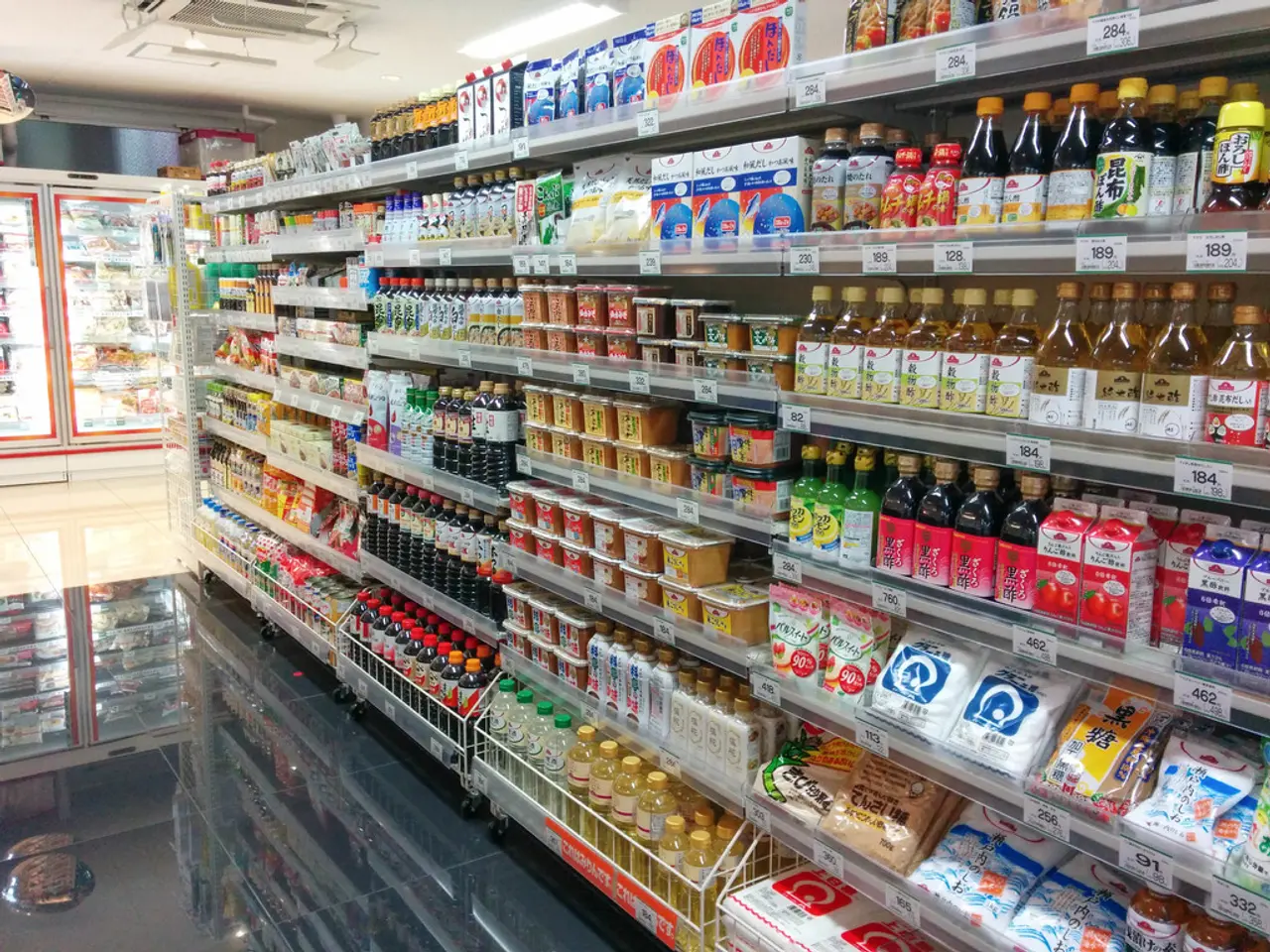A shift in trade game strategy: Be prepared for Trump's latest policy changes
In a dramatic turn of events, a US court has suspended President Trump's tariffs, a ruling that has sent shockwaves throughout the global trading community. This historic decision came on May 28, 2025, when the International Trade Court in Manhattan, New York, declared that Trump had exceeded his authority in implementing the tariffs.
The tariffs in question consisted of a worldwide 10% levy and an additional retaliatory tariff, ranging from 36% for Thailand to 46% for Vietnam. While the worldwide tariff had already been enforced, the retaliatory tariffs had been temporarily deferred for 90 days.
The core issue revolved around Trump's use of the International Emergency Economic Powers Act (IEEPA) - a 1977 law that allows the US president to control international economic activity "in times of emergency," including imposing economic sanctions against countries deemed national security threats.
However, the court ruled that setting customs tariffs and regulating international trade is a power reserved exclusively for Congress, not the president. It found that Trump bypassed the legislative process by invoking IEEPA and claiming a national security emergency without congressional approval.
The International Trade Court ruled that President Donald Trump cannot use the tariff measures in question, stating that the IEEPA law, which Trump cited to impose the tariffs, "does not grant the president the authority to set international customs tariff rates."
The three-judge panel unanimously declared that the IEEPA does not grant the president authority to set international tariff rates. They reaffirmed that only Congress has constitutional authority over foreign trade regulation. CNBC noted that this ruling strongly criticized Trump's claim that the trade deficit constituted a national emergency.
This ruling has significant implications for the ongoing high uncertainty in the global economy. CIMB Thai views the court ruling as a short-term positive factor, while Kiatnakin Phatra Financial highlights the need to watch for Trump's next policy moves.
With the Trump administration already announcing plans to appeal, the future of these tariffs remains uncertain. The court's decision, however, provides a glimmer of hope for businesses and consumers alike, as it could potentially reduce prices and boost global trade.
As the situation unfolds, pressure is mounting on Trump to reconsider his approach to international trade. He may choose to negotiate with trading partners like Canada, Mexico, the EU, and China, or adjust the tariff rates to comply with court rulings while maintaining economic pressure.
In the meantime, businesses should keep a close eye on the evolving situation, as Trump's next moves could significantly impact global trade and the economy. Whether Trump will choose a more diplomatic approach or continue to push for his aggressive trade policies remains to be seen.
Related:- Trump's tariffs to remain in effect after appeals court grants stay- Ishiba, Trump hold phone talks again- Elon Musk leaving Trump administration, capping turbulent tenure- List of Tariffs Revoked- Sector-Specific Tariffs 'Not Revoked'
Sources:[1] [1] The New York Times[2] [2] CNBC[3] [3] Reuters[4] [4] The Hill[5] [5] The Washington Post
- The suspension of President Trump's tariffs, as ruled by a US court, has provoked a flurry of activity in the stock market, with the economy and international finance sectors closely watching the outcome.
- This decision, made on May 28, 2025, has stirred up discussions in politics, as well as in the general news domain, with investor interest piquing over the potential implications for business and trade relations.
- The tariff measures, which were found to exceed the president's authority, consist of a worldwide 10% levy and retaliatory tariffs ranging from 36% to 46%, according to affected countries like Thailand and Vietnam.
- Analysts from firms such as CIMB Thai and Kiatnakin Phatra Financial have begun to weigh in on the situation, offering their perspectives on its short-term and long-term effects on the global trading community.
- With concerns about the impact on businesses and consumers, the court's ruling could potentially boost global trade, by potentially reducing prices and encouraging more diplomatic approaches to international trade from the Trump administration.




